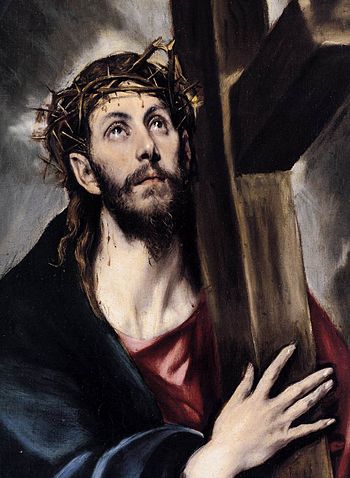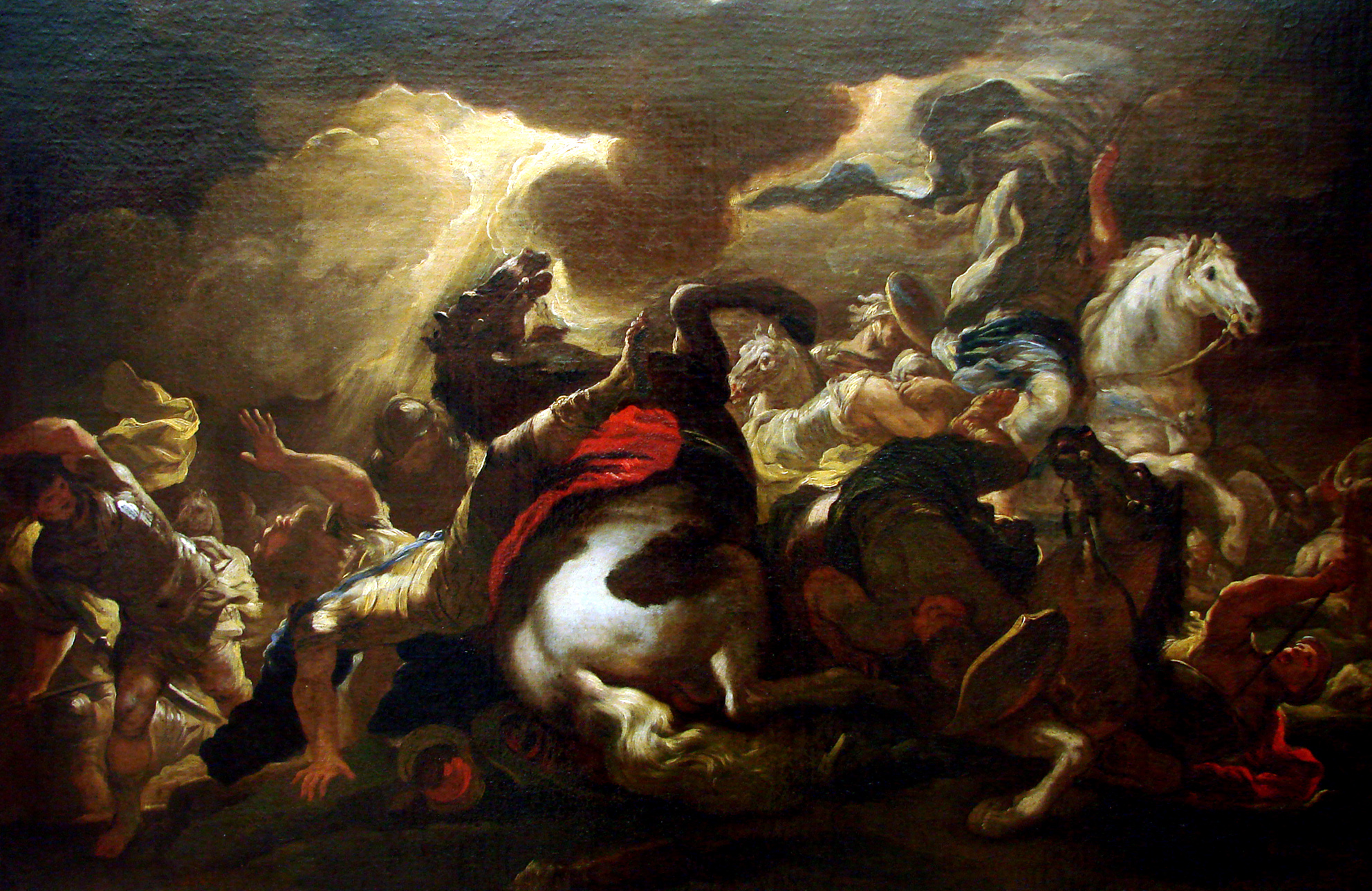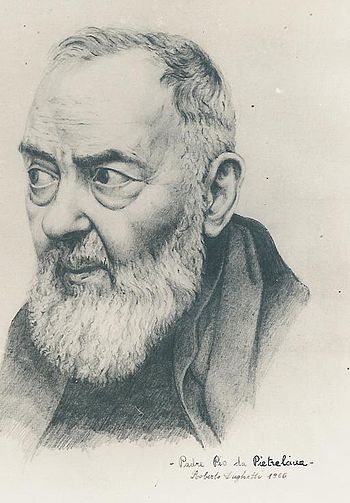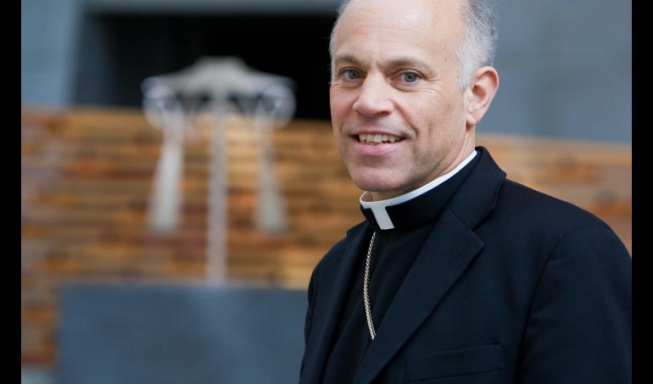
What’s more important, serving God or serving each other? Patrick Archbold points out in his article on The Remnant that over the last few decades the Church’s focus has shifted from loving God first to primarily loving our fellow brothers and sisters. It’s not that we have to choose one or the other. We are called to do both. But it is a matter of priority and focus. If you accept the premise that Catholic Church has shifted its priorities in the last few generations, ask yourself whether that has strengthened or weakened the Church. Have we veered from what Jesus taught and what has made the Church strong over the centuries? Patrick Archbold thinks so and believes much of the weakness of faith within the Church has to do with this shift. I encourage you to read his article in full. The focus of this article will be on the rosary (naturally). Let’s look at what some of the rosary mysteries teach us about loving God vs. loving our fellow humans.
Look at the order of the first and second Joyful Mysteries of the rosary. In the Annunciation, we see Mary putting God first by accepting his plan for her. We then see in the Visitation Mary going out and helping her cousin Elizabeth. Notice the order? Okay, there is the fact that chronologically, the Annunciation did precede the Visitation. But there is also a spiritual significance in the order as well. When we pray the rosary we meditate first on the love of God as seen in the Annunciation and then the love for our fellow brothers and sisters as represented in the Visitation. In putting our love for God first, we receive his grace and can therefore more fully serve each other just as Mary does in the Joyful Mysteries.
On to the First Sorrowful Mystery. Jesus fears his upcoming arrest and crucifixion. But he prays to God asking God to first find another way he could redeem the world but also submits to God’s Will. Jesus shows his primary love for God by acknowledging God’s authority and humbly submitting to his plan. Later, when he’s arrested, Jesus tells his apostles, who were ready to defend him, to stand down. While Jesus loved his apostles and his apostles loved him, Jesus puts his life not in their hands, but into God’s hands. Again, we see the model Jesus asks us to follow — serve according to God’s Will first.
Finally, take a look at the Third Luminous Mystery. Jesus preaches that we should all convert our ways to God’s ways. We are called to live first for the Kingdom of Heaven. Note that Jesus did not tell us to solely live for the Kingdom of Heaven and forsake our responsibilities and others in this world. But it is a matter of priority — desiring God’s kingdom must come first. And from that desire, not only for ourselves but for others, we better help our fellow brothers and sisters to also come to live in God’s grace.
I will leave you with a quotation from the Council of Trent that Patrick Archbold cites in his article as I think it sums up nicely why the love of God needs to come before our love for our fellow humans.
“Moreover, no honor, no piety, no devotion can be rendered to God sufficiently worthy of Him, since love of Him admits of infinite increase. Hence our charity should become every day more fervent towards Him, who commands us to love Him with our whole heart, our whole soul, and with all our strength. The love of our neighbor, on the contrary, has its limits, for the Lord commands us to love our neighbor as ourselves. To outstep these limits by loving our neighbor as we love God would be an enormous crime.” —Catechism of Trent, Part 3, Chapter 5, Question 5
































































